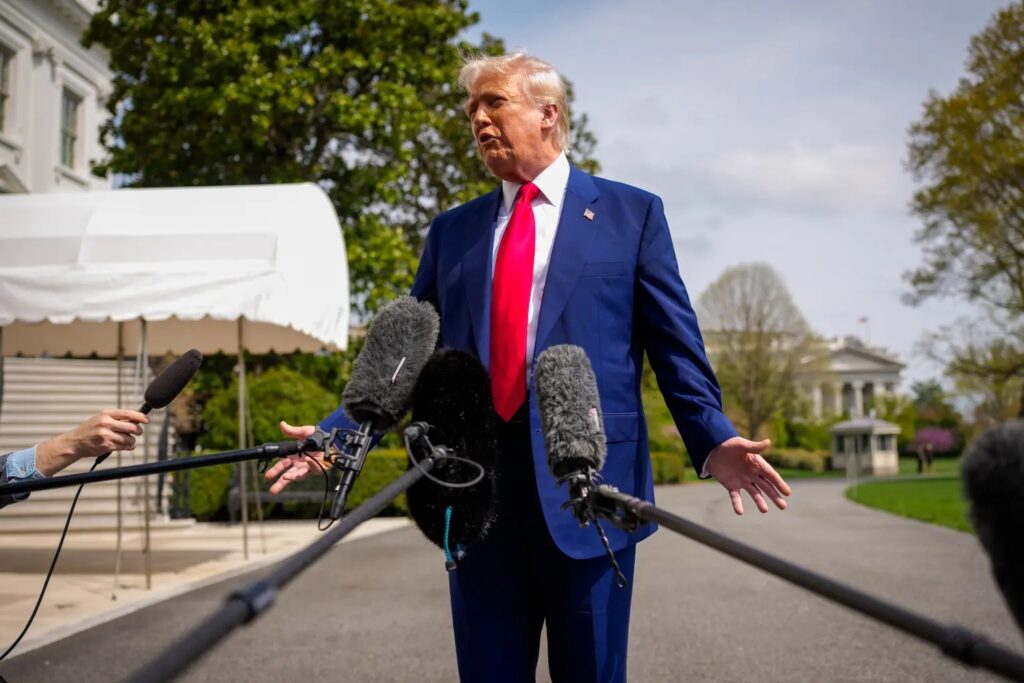Trump Slams Moody’s US Credit Downgrade—Wall Street Shrugs
Another day, another ratings agency playing chicken with the US economy. Moody’s just axed America’s credit outlook—and predictably, Trump’s firing back.
The downgrade dance: While the former president called it ‘baseless,’ traders barely blinked. Bitcoin barely budged. Because let’s face it—when has sovereign debt ever stopped crypto bulls?
Bonus cynicism: Nothing says ‘stable store of value’ like a nation that monetizes memes while its credit score tanks.
 President Trump disagrees with Moody’s decision to downgrade the US credit rating.
— Watcher.Guru (@WatcherGuru) May 19, 2025
President Trump disagrees with Moody’s decision to downgrade the US credit rating.
— Watcher.Guru (@WatcherGuru) May 19, 2025
Trump Administration Challenges Moody’s US Credit Rating Downgrade
It has been a rather overwhelming and often disjointed first 100 days of US President Trump’s return to the White House. He has enacted sweeping tariffs that threatened all trade partners, while he has taken the country a step toward more beneficial trade deals. Yet, he has also brought trillions of dollars’ worth of Middle Eastern investment while drawing the ire of pundits for his acceptance of a $400 million Qatari jet as a gift.
Now, he has targeted one ratings agency that has spooked investors with its most recent outlook. Specifically, President Trump and his administration have expressed a public disagreement with Moody’s recent US credit rating downgrade. The country’s treasury secretary spoke about the administration’s stance on its validity.

“I think that Moody’s is a lagging indicator,” Bessent told NBC anchors. “I think that’s what everyone thinks of credit agencies.” Indeed, the agency dropped its ratings from an Aaa to an Aa1. Specifically, the MOVE reflected “the increase over more than a decade in government debt and interest payment ratios to levels that are significantly higher than similarly rated sovereigns.”
Bessent assured that the downgrade was not a reflection on Trump’s first 100 days but instead on former President Joe Biden. “We didn’t get here in the past 100 days,” he told NBC. “It’s the Biden administration and the spending that we have seen over the past four years.”
In all fairness, the US national debt has been an issue spanning across a myriad of presidents. Reaching a height of $36 trillion, it started to increase notably in the 1980s. Moreover, the issue was exacerbated through both the initial Trump presidency and Biden’s time in office.

